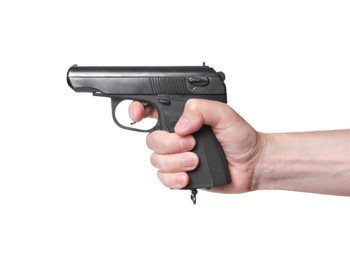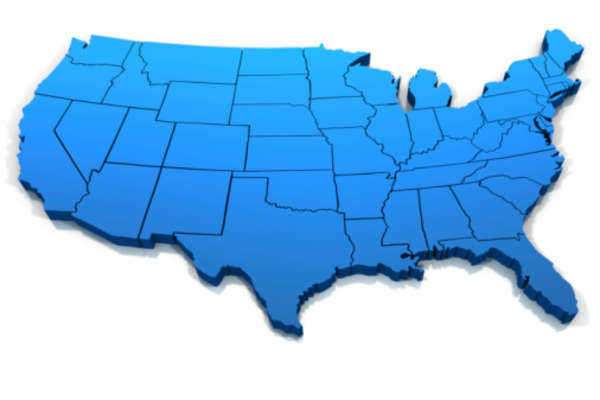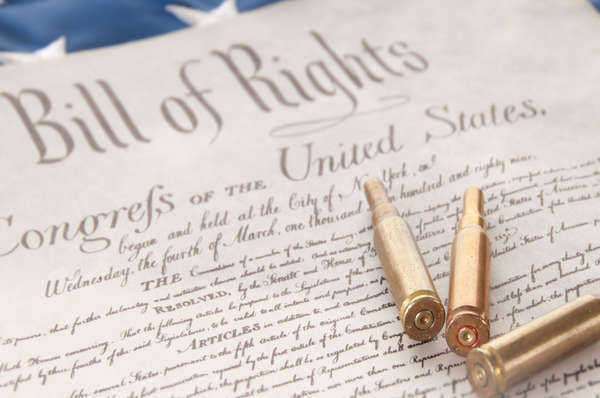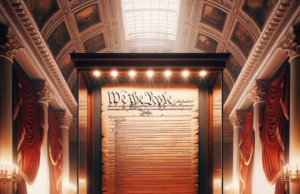All You Need To Know About Purchasing Gun Parts
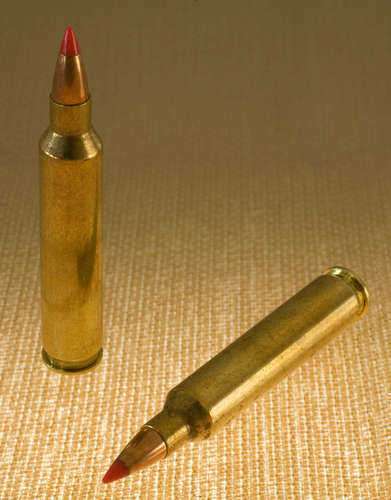
Purchasing gun parts and gun accessories are an interesting subtopic to the overall firearms industry. Gun laws posses multiple layers of regulation, both on federal and state levels.
Understanding the restrictions placed on purchasing and transferring gun parts and gun accessories is crucial for avid gun users, or sellers. In order to better clarify, we will separate ammunition from more specific gun accessories.
The transfer and possession of firearm ammunition is heavily regulated under Federal law. The most basic restriction is that convicted felons, habitual drug or alcohol users, illegal aliens, or individuals subject to domestic violence restraining orders are not permitted to purchase or transfer ammunition of any kind.
Federal law also restrict the sale of long gun ammunition to anyone under the age of 18, and handgun ammunition to anyone under 21. These are the broad regulations imposed by the Feds, but the market for ammunition is also regulated on state level. All gun accessories, such as ammunition vary greatly from state to state.
Like gun laws themselves, states have wildly different regulations on the sale and possession of ammunition. For example, Illinois and Massachusetts both require a permit to purchase any form of firearm ammunition. Most states do not require permits to purchase guns, yet these two require a permit to purchase ammunition.
Currently there are 12 states that have a ban placed on armor-piercing ammunition. Alabama, California, Connecticut, Indiana, New Hampshire, New Jersey, New York, Michigan, Mississippi, Oklahoma, Tennessee, and Texas have all adopted restrictions on the transfer, possession or sale of armor-piercing ammunition. Violations vary based on state law from a $5,000 fine to up to 10 years in prison.
The size of a magazine (a necessary gun part) also faces varying restrictions based on state law. California, Hawaii, Maryland, Massachusetts, New Jersey, and New York have all placed a limit on the size of a magazine round-the mean restriction is no more than 10-15 bullets per magazine. Other than the states already listed there are no regulations on caliber size, amount of ammunition, or magazine size. The other 35 or so states must only comply with the broad framework placed under Federal in terms of purchasing such gun accessories.
Gun Parts, such as silencers, assault rifle additions, scopes, and laser guides are all placed under the umbrella of Federal law. In order to buy an attachment for an assault rifle or any of the gun parts mentioned previously one must first require a federal license. Usually these licenses are only granted for law enforcement or military purposes. Unlike ammunition there is no variability in state laws with these gun parts. Other gun accessories, such as holsters, holders, targets, or even armor are available for immediate purchase and do not require licenses or regulations.
The regulation on gun accessories and gun parts is easy to understand if the flow of laws is broken down into a simple formula. Separating laws of the Federal government, and understanding your particular states restrictions on gun accessories and gun parts will make the breakdown of laws easy to follow.


